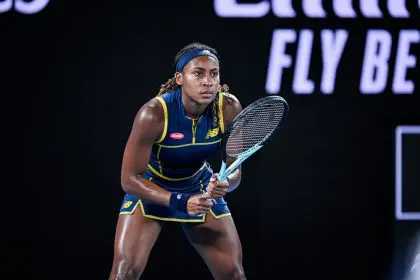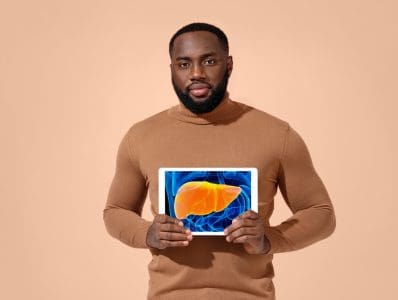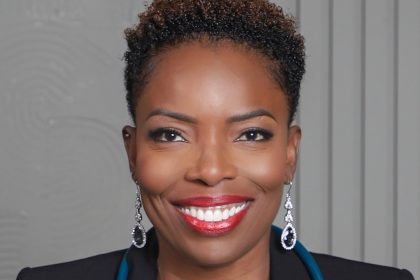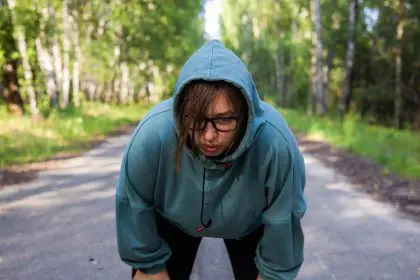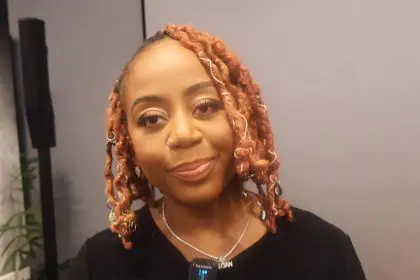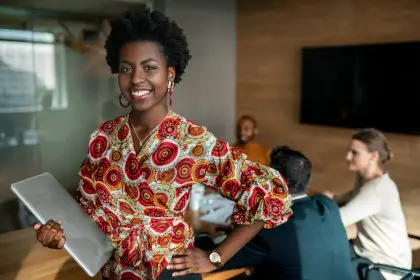 Dr. Maya Rockeymoore is a respected policy analyst, researcher and advocate with expertise in an array of public policy issues, who leads Global Policy Solutions, a Washington, DC-based policy firm that makes policy work for people and their environments. Earlier this year, Rockeymoore wrote an introspective editorial feature for HuffPost titled, “Why I Won’t Listen to Beyonce,” dissecting the impact of the global superstar’s Pepsi $50 million deal which was inked “in the midst of working to combat an obesity epidemic” … “obesity is related to preventable chronic diseases — such as type 2 diabetes, heart disease and kidney disease — that not only undermine the quality and length of a person’s life but also help to drive America’s skyrocketing health care costs.” In the feature, Rockeymoore concluded young audiences, particularly African American girls, who have the highest rate among youth and a 49 percent risk of being diagnosed with type 2 diabetes in their lifetime, should not be vulnerable to the lure of celebrity marketing.
Dr. Maya Rockeymoore is a respected policy analyst, researcher and advocate with expertise in an array of public policy issues, who leads Global Policy Solutions, a Washington, DC-based policy firm that makes policy work for people and their environments. Earlier this year, Rockeymoore wrote an introspective editorial feature for HuffPost titled, “Why I Won’t Listen to Beyonce,” dissecting the impact of the global superstar’s Pepsi $50 million deal which was inked “in the midst of working to combat an obesity epidemic” … “obesity is related to preventable chronic diseases — such as type 2 diabetes, heart disease and kidney disease — that not only undermine the quality and length of a person’s life but also help to drive America’s skyrocketing health care costs.” In the feature, Rockeymoore concluded young audiences, particularly African American girls, who have the highest rate among youth and a 49 percent risk of being diagnosed with type 2 diabetes in their lifetime, should not be vulnerable to the lure of celebrity marketing.
Here, we gain more insight on Rockeymoore, and her passion for equitable public policies.
What inspired you to pursue your career?
The desire to tackle inequality drove me to embrace politics, policy, and programs as primary vehicles for improving lives. As the daughter of an Air Force officer, I traveled extensively throughout the U.S. and abroad and witnessed how people lived around the world. I saw that there were haves and have nots everywhere and I was particularly struck by how government systems and policies made a material difference in people’s lives. As a result, I have dedicated my career to addressing health, educational, economic and civic inequalities by leveraging the tools of politics and policy to create positive social change.
What is the focus and purpose of your company?
I run two corporations with compatible missions. Global Policy Solutions LLC (GPS) is the consulting firm I founded in 2005. GPS produces innovative research, programs, and communications strategies for nonprofit, philanthropic, government, and socially-responsible corporate clients in the areas of health, education, economic security, and civic engagement. From developing and implementing advocacy campaigns and educational curricula to building and evaluating programs and conducting trainings, we have worked with a growing roster of clients who are committed to global diversity and social change. I also run the Center for Global Policy Solutions (CGPS), a social change nonprofit dedicated to making policy work for people and their environments by advancing innovative and effective solutions to our world’s most critical challenges. We have major grants from the Robert Wood Johnson Foundation and the Ford Foundation and our current projects include childhood obesity prevention and economic security programming. CGPS is our vehicle for giving back to society.
Would you share the details of your formal education?
I attended public schools, many of them on military installations, throughout my K-12 education. I won an academic scholarship to attend Prairie View A&M University, a historically black college in Texas, and went on to earn my M.A. and Ph.D. in political science from Purdue University. While in undergrad, I took advantage of opportunities to attend summer programs, such as the CIC Summer Research Opportunity Program and the Woodrow Wilson Fellowship for Public Policy and International Affairs, which placed me on campuses like the University of Iowa and Carnegie Mellon University. While attending graduate school I taught women’s studies and political science courses and did a stint abroad studying political science at the University of Leiden in The Netherlands.
Are there advantages in being an African American and woman owned business? If so, please share.
The biggest advantage of being an African-American and woman-owned business is that I am operating in an interconnected world that increasingly understands the power and value of diversity. Through my firm, I am able to convey that value to clients who are interested in building a multicultural world that invests in the power and potential of all people regardless of race, class, gender, age, social status, or place of origin. By embracing global equity we can create global opportunities for individuals, nonprofits, governments, and corporations.
What keeps you motivated?
I am inspired by greatness: usually represented in the form of people who go beyond expectations to produce amazing work such as the world has never seen. This may sound odd but I was inspired to think bigger and be better by viewing James Cameron’s Avatar. I was amazed that something that majestic was inside of a human being’s mind and that he was able to bring it out for the world to see. I am similarly inspired by authors, actors, musicians, business and community leaders, and yes even political figures that turn ideas into products that advance the human condition by inspiring the soul, challenging the mind, and changing the world.
What does success look like for you?
For me success is having a significant career that is consistent with my purpose on this planet; having a family that is loving and supportive; having outlets that feed my mind, body, and spirit; and having enough wealth to care for my family and make a contribution to society.
Who would be an ideal client for you?
An ideal client for Global Policy Solutions would be a socially responsible organization committed to pursuing the triple bottom line: people (social), planet (environmental), and prosperity (economic).
What advice would you give to someone who wants to follow you professionally?
Be guided by your passion. A job is never a job (and becomes a career) if it is in alignment with your values and interests. Also, be sure to treat everyone with respect. A person who is your intern one day can be your boss the next in a world where opportunities for advancement are often unpredictable and surprising.
What has challenged you the most professionally?
I think I have been most challenged by the process of learning how to effectively select and manage people. I have discovered that selecting people who are solution-oriented and have a deep passion for issues is critical for driving our social change mission. I have also discovered that it’s just as important for me to be a steady and inspiring leader inside of my organization as it is for me to demonstrate leadership externally.
Do you mentor anyone?
If so, who? I mentor many, primarily young women, who call, write, and set up appointments to speak with me about my career path and to ask for guidance on their own. Some of the people I have mentored include: Stephanie Brown, the former NAACP national youth director, former director of African American Outreach for the 2012 Obama campaign, and current head of Vestige Strategies; David Johns, the executive director of the White House Initiative on Educational Excellence for African Americans; and Chanelle Hardy, the senior vice president for Policy and executive director of the National Urban League Policy Institute.
Do you have a mentor?
If so, who? Aside from my parents who have been a critical force in my life, I have had the honor of being mentored by two amazing individuals. Dr. Jewel Limar Prestage, the first African American woman to earn her Ph.D. in political science in the U.S. and twice retired professor of political science from Southern University and Prairie View A&M University. She took me under her wing while I was in undergrad and groomed me to become a political scientist. I married the other great mentor of my life: U.S. Congressman Elijah Cummings. We met while I worked on Capitol Hill and became great friends and eventually partners in life. His advice and example have been a continuous source of inspiration and guidance to me.
What are your hobbies?
I love to paint, write, sing, and read historical novels. I also enjoy travelling and visiting museums and art galleries.



